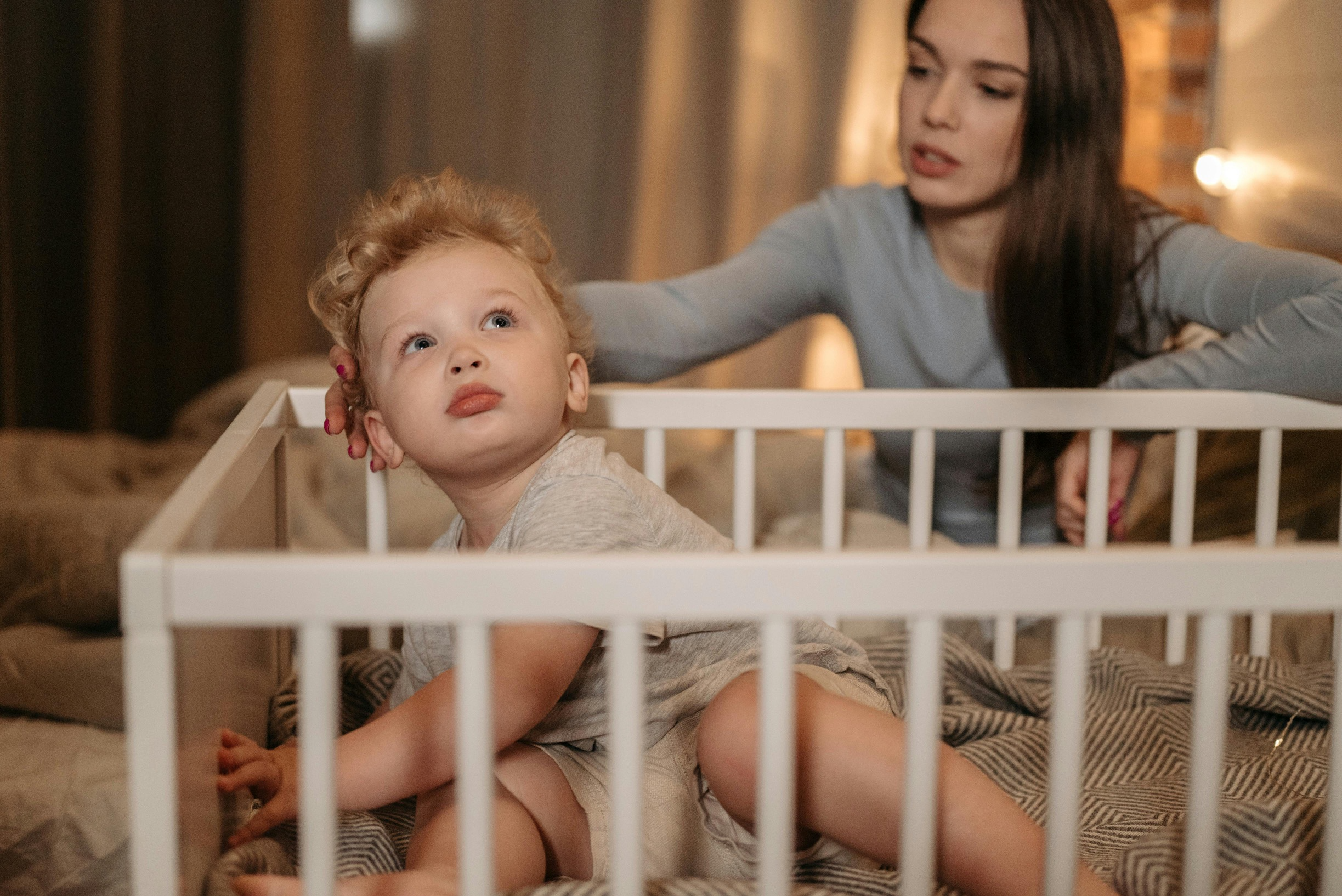Written by Raylene – Sweet Dreams Sleep Consultant.
Melatonin is a hormone produced by the pineal gland in the brain. It plays a crucial role in regulating the body’s sleep-wake cycle and helps people fall asleep and stay asleep. Melatonin levels rise in the evening as it gets dark and fall in the morning as it gets light, signalling to the body that it’s time to sleep and wake up.
Melatonin is also synthetically produced and is often used as a sleep aid for adult individuals who have trouble falling asleep or staying asleep. However, melatonin should be used with caution in toddlers as they are still developing and their bodies may respond differently to the hormone.
There are several reasons why melatonin should not be given to toddlers:
-
Safety: Melatonin is not approved by the Food and Drug Administration (FDA) for use in children under the age of 3 and its safety and effectiveness in this age group have not been established.
-
Hormonal effects: Melatonin can affect the production of other hormones in the body, particularly in children whose hormonal systems are still developing. This can lead to potential long-term health effects.
-
Interactions with other medications: Melatonin can interact with other medications that your child may be taking, such as antidepressants or blood pressure medication, which can lead to adverse reactions.
-
Dependence: Regular use of melatonin can lead to a dependence on the hormone, making it difficult for your child to fall asleep without it.
-
Natural production: Melatonin is naturally produced by the body, and in most cases, children will produce enough melatonin for good sleep. In some cases, the problem may not be the lack of melatonin, but something else such as a lack of routine, or exposure to screens before bed.
Instead of giving melatonin to your toddler, there are other options to help improve their sleep, such as:
-
Establishing a regular bedtime routine
-
Making sure your child gets enough physical activity during the day
-
Creating a comfortable sleep environment
-
Limiting screen time before bed
-
Encouraging a healthy diet
-
Consult sleep therapist for further evaluation and treatment if needed
In summary, melatonin should be used with caution in toddlers as its safety and effectiveness in this age group have not been established and it can have potential long-term health effects.
Want to know more? Then book your free consultation call with me or one of our other consultants. We’d love to hear more about your sleep issues and talk about how we can help.



